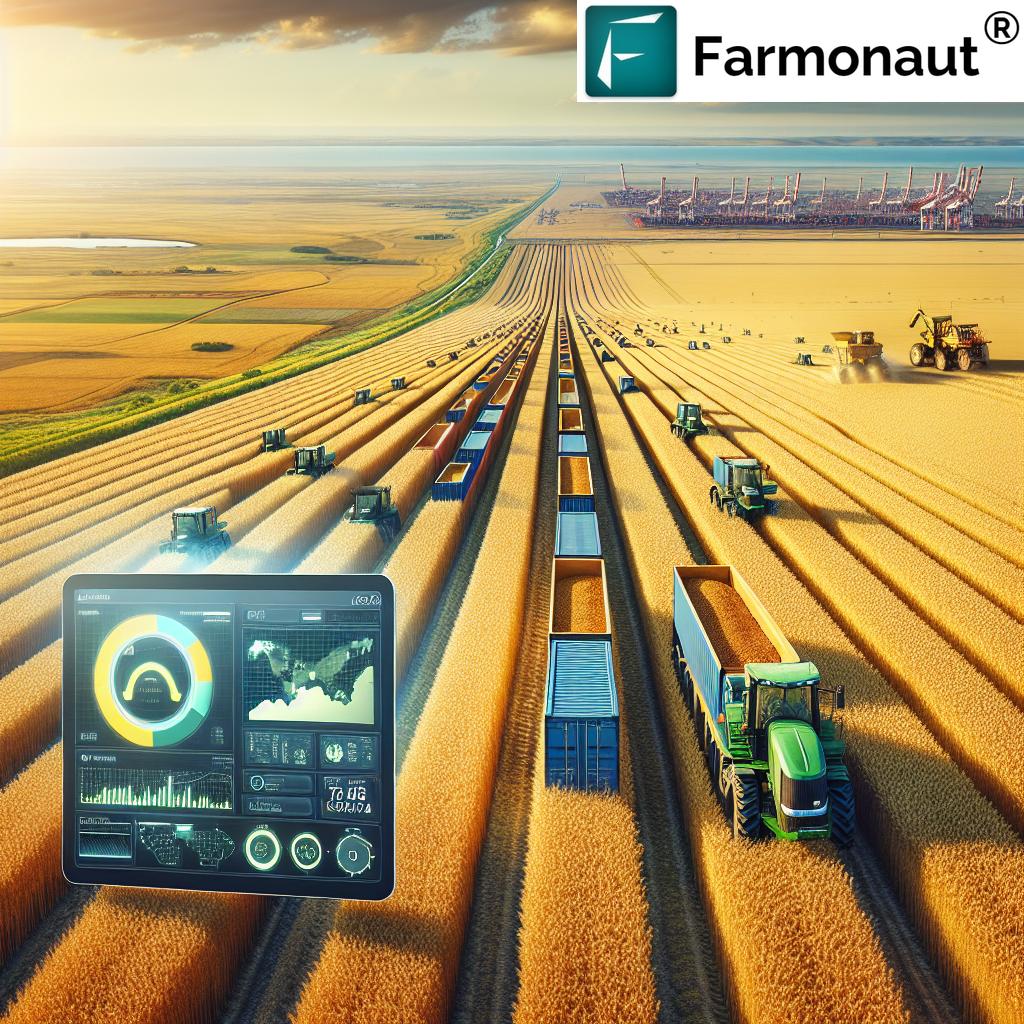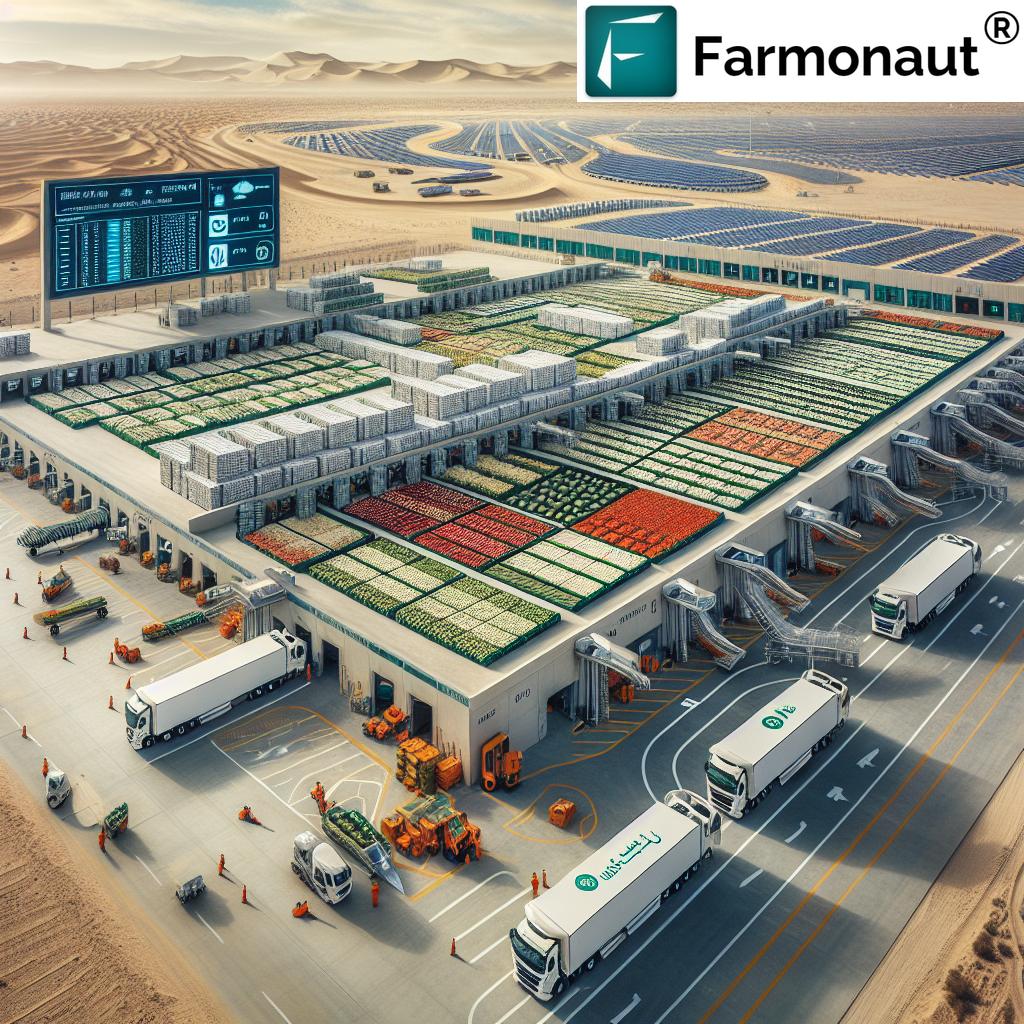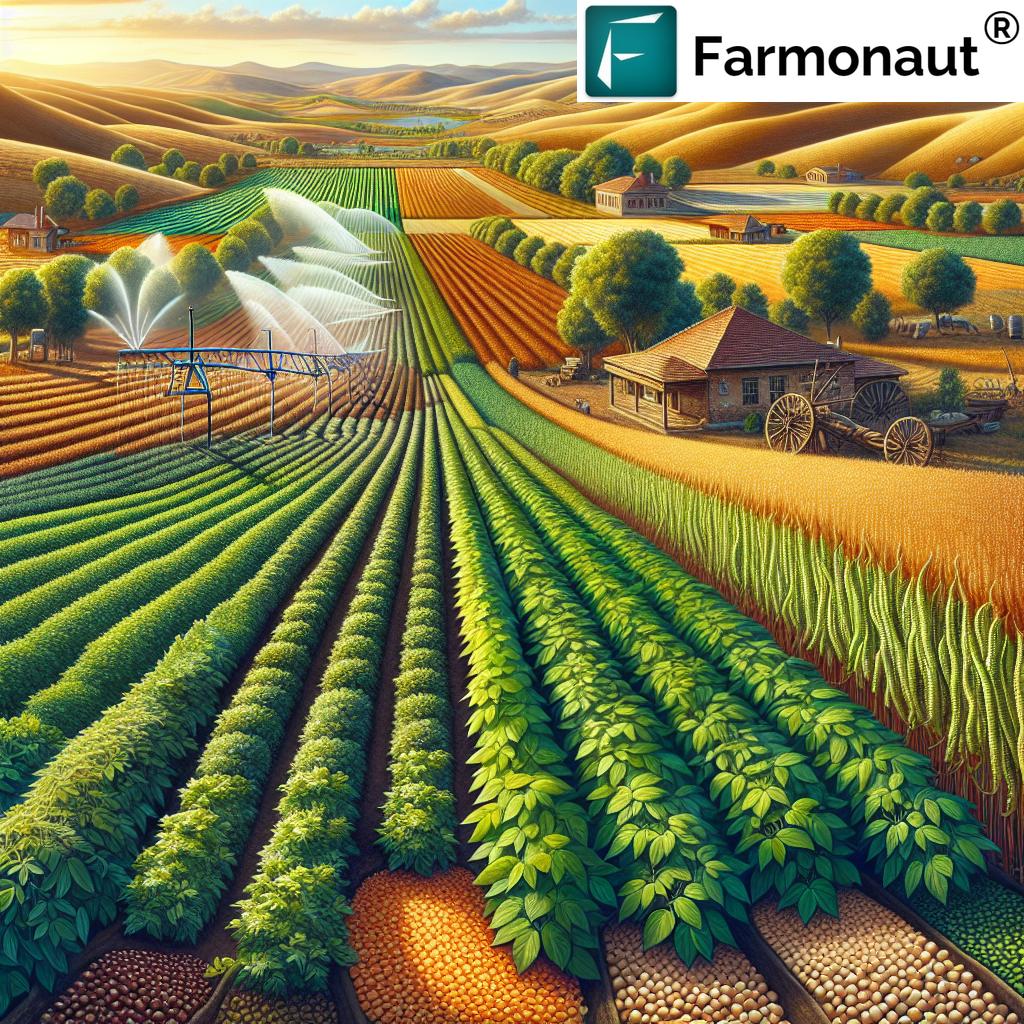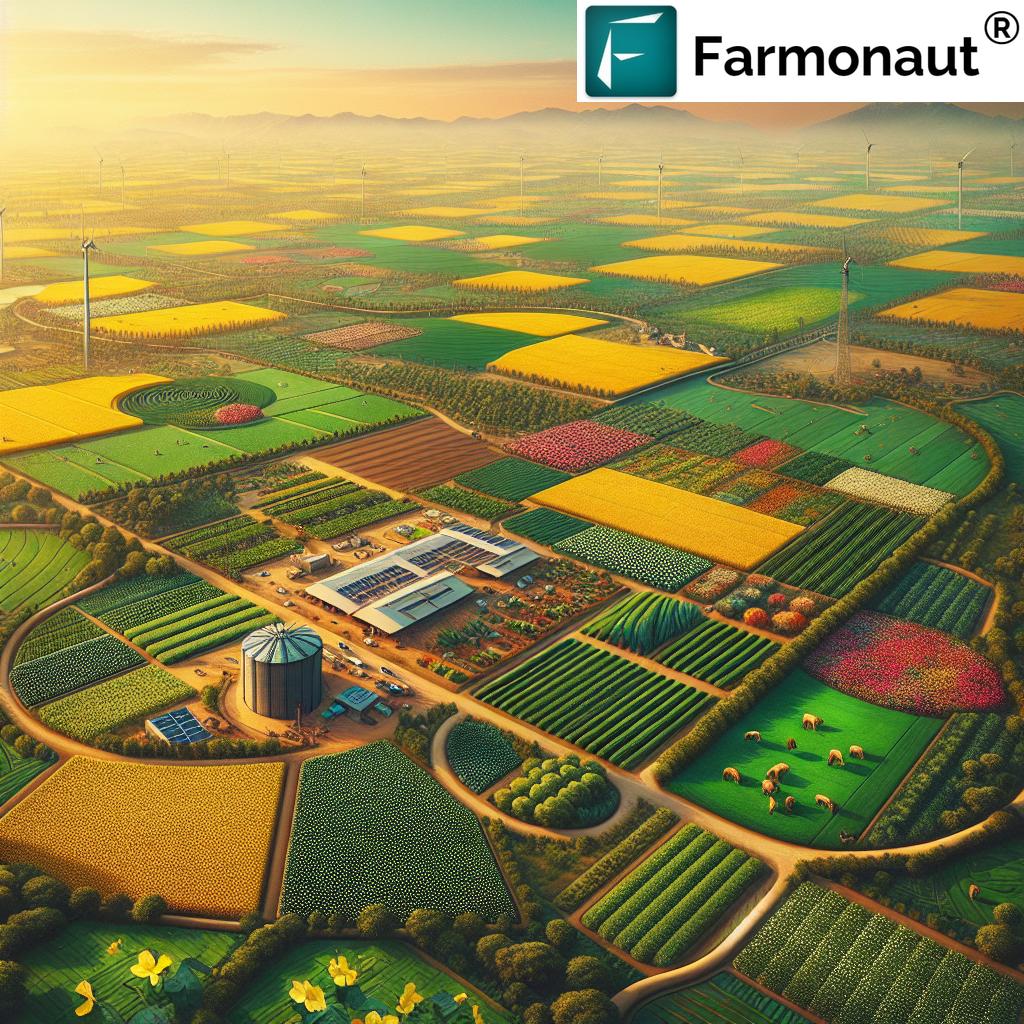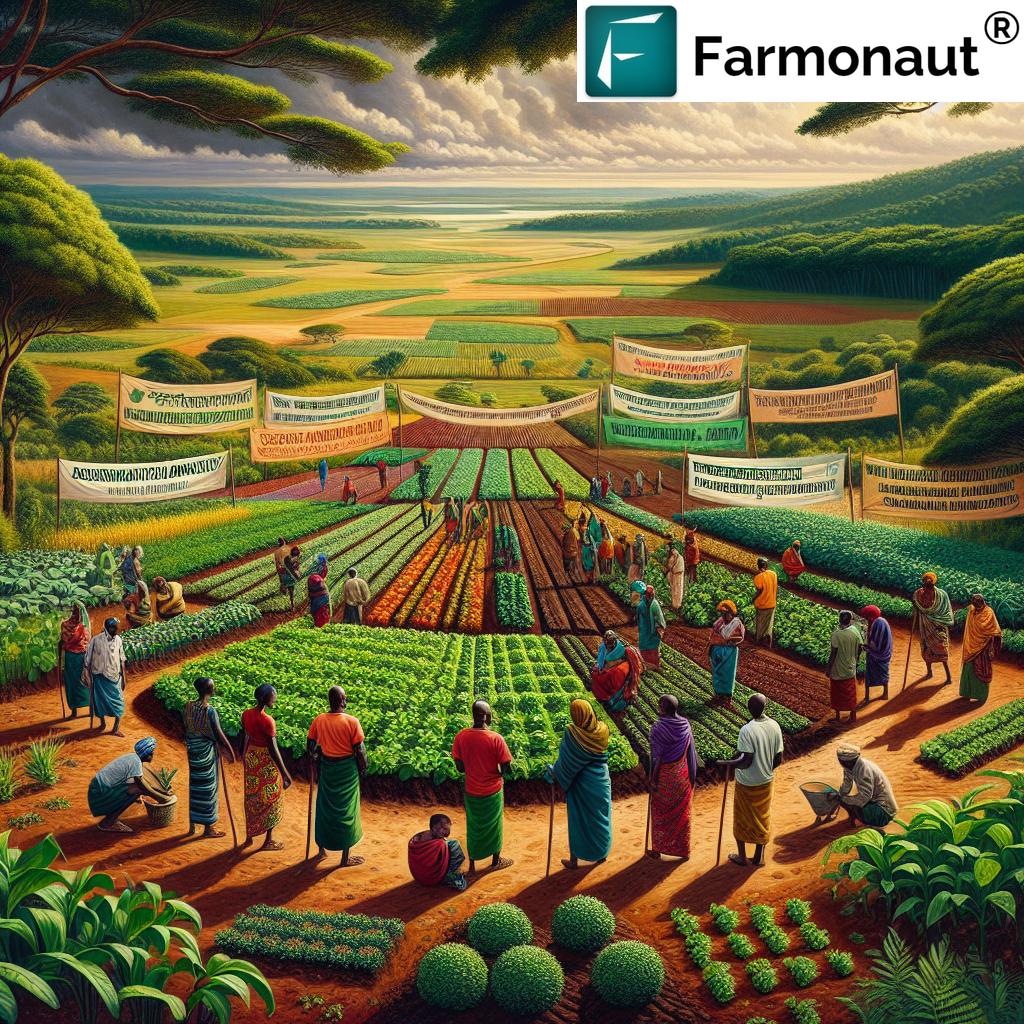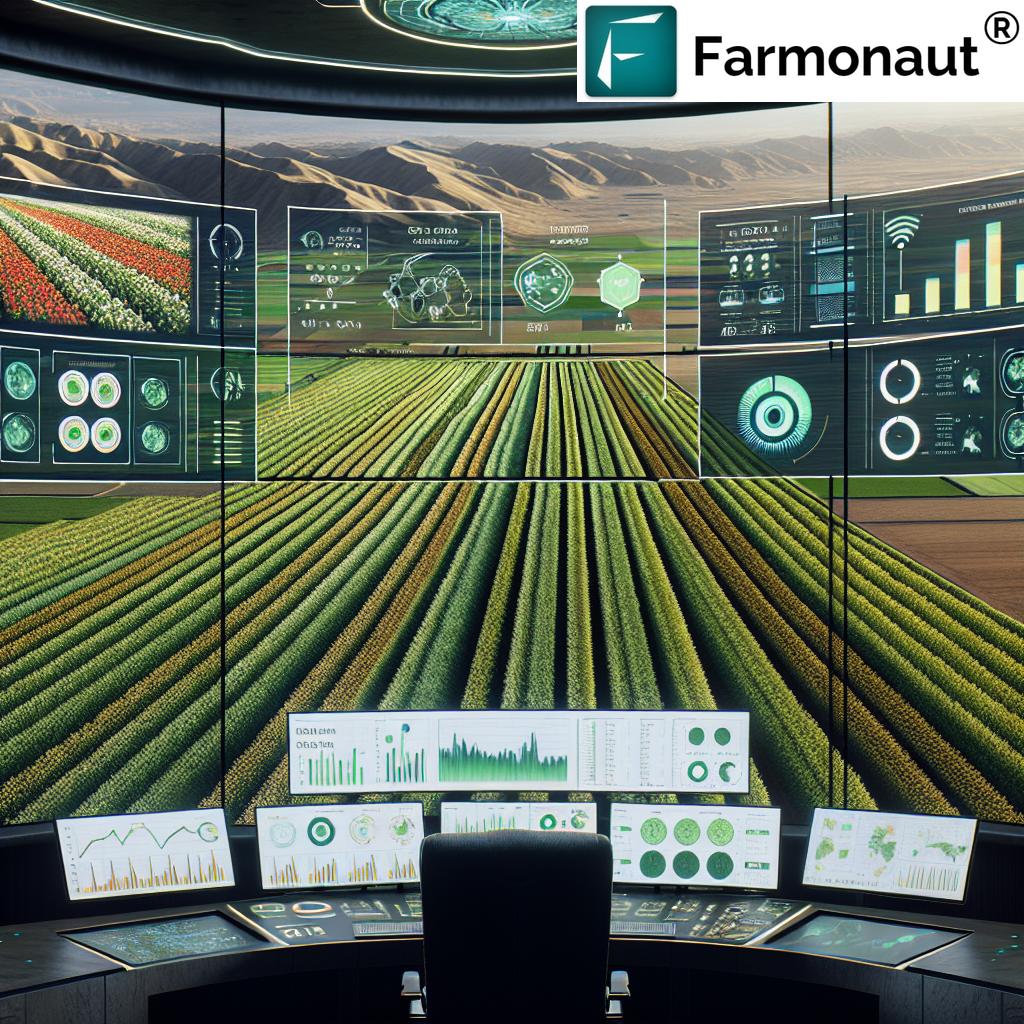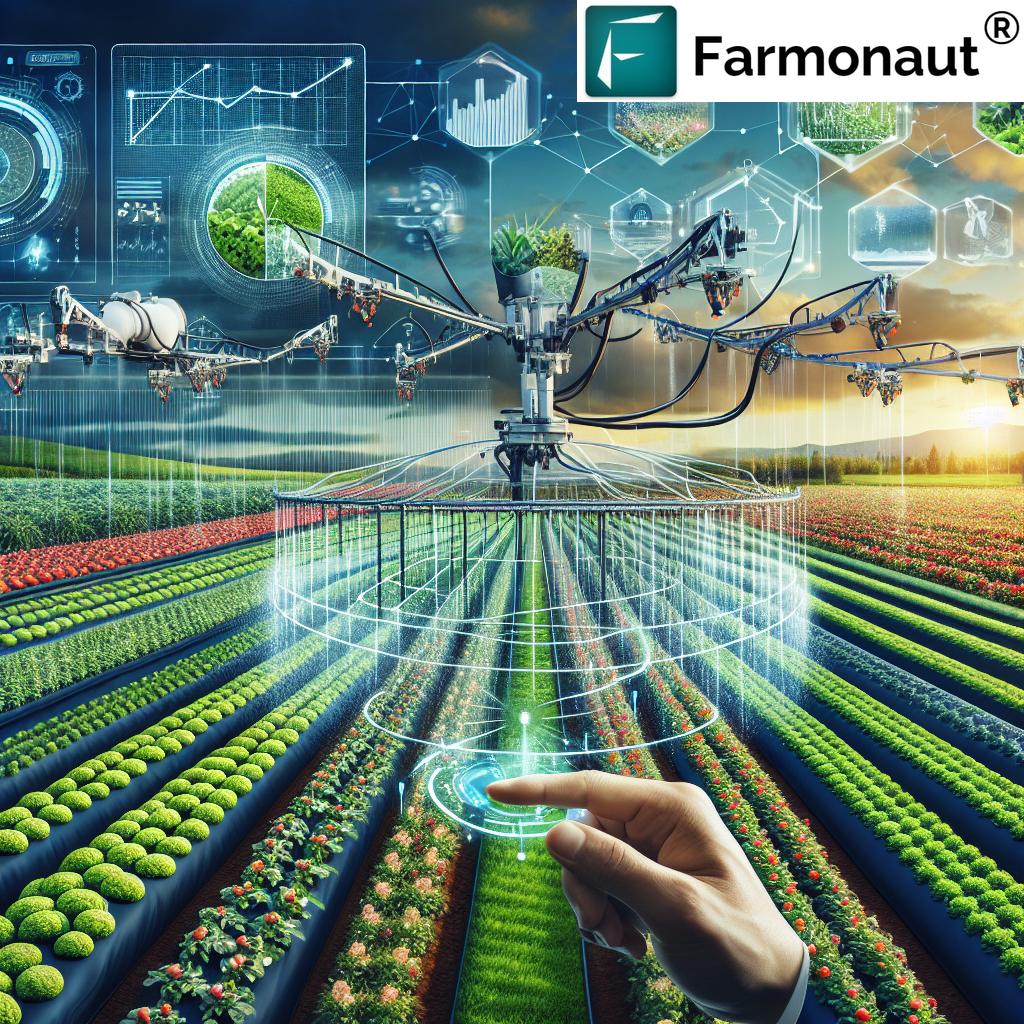COP29: Agroecology’s Role in Combating Climate Change and Boosting Food Security in the Philippines
“COP29 highlights that extreme weather events like El Niño and La Niña are intensifying, threatening global food security.”

As we gather for the United Nations Climate Change Conference (COP29) in Baku, Azerbaijan, the urgency of addressing climate change and its profound impact on global agriculture has never been more apparent. The interconnectedness of climate, agriculture, and food security takes center stage, highlighting the critical need for sustainable solutions to support farmers worldwide. In this comprehensive exploration, we delve into the vital role of agroecology in combating climate change and enhancing food security, with a particular focus on the Philippines.
The Voice of Filipino Farmers at COP29
At the heart of this global dialogue stands Leodegario Velayo, a 59-year-old farmer leader from Gapan, Nueva Ecija, Philippines. His impassioned plea to world leaders at a COP29 side event encapsulates the struggles faced by farmers in the Global South. Velayo’s message is clear: it’s time to listen to the farmers and take concrete action against the devastating effects of climate change on agriculture.
Velayo’s presence at COP29 is more than symbolic; it represents a crucial collaboration between farmers and civil society organizations advocating for agroecology as a viable solution to climate challenges. This partnership underscores the growing recognition that sustainable agriculture solutions must be at the forefront of our global climate action strategy.
Understanding Agroecology: A Holistic Approach to Sustainable Farming
The Food and Agriculture Organization (FAO) of the United Nations defines agroecology as an integrated approach that applies ecological and social concepts and principles to the design and management of food and agricultural systems. This methodology emphasizes the intricate relationships between plants, animals, humans, and the environment, focusing on context-specific solutions that can assist farmers in various climatic conditions.
Key principles of agroecology include:
- Biodiversity enhancement
- Recycling of nutrients and energy
- Soil health improvement
- Minimization of external inputs
- Economic diversification
By embracing these principles, agroecology aims to create resilient agricultural systems that can withstand the impacts of climate change while ensuring food security and sovereignty for local communities.
The Philippine Context: Climate Challenges and Agricultural Threats
The Philippines, an archipelagic nation particularly vulnerable to climate change, faces significant challenges in maintaining agricultural productivity and food security. The country’s geographical location makes it susceptible to various climate-related hazards, including:
- Typhoons and tropical cyclones
- El Niño and La Niña phenomena
- Rising sea levels
- Increased temperatures
- Changing rainfall patterns
These environmental stressors have profound implications for Philippine agriculture, affecting crop yields, water availability, and overall food production. Recent reports highlight the devastating impact of six tropical cyclones that severely affected millions in Luzon, exacerbating food insecurity in the region.
For farmers like Velayo, the rising costs of conventional farming, coupled with these catastrophic weather events, often result in minimal harvests and increased financial burdens. This precarious situation underscores the urgent need for climate-resilient agricultural practices and innovative solutions to support Filipino farmers.
Agroecology in Action: Velayo’s Experience
Velayo’s journey into agroecology serves as a compelling case study for the potential of sustainable farming practices in the face of climate change. During the latest cropping season, he adopted several agroecological techniques:
- Cultivation of drought-tolerant rice varieties
- Planting of early-maturing crops
- Elimination of chemical inputs
- Implementation of natural pest management strategies
These practices not only helped Velayo adapt to changing climate conditions but also alleviated the financial pressures typically associated with conventional farming methods. By reducing reliance on expensive chemical inputs and embracing nature-based solutions, Velayo demonstrated the economic and environmental benefits of agroecology.
The Global Impact of Climate Change on Food Security
The challenges faced by Filipino farmers like Velayo are not isolated incidents but part of a broader global crisis. The Global Report on Food Crises 2024 paints a stark picture of the situation:
- Over 72 million people across 18 countries are experiencing acute food insecurity due to adverse weather conditions.
- In the Philippines alone, the Department of Agriculture estimates that damage to agriculture and fisheries from El Niño has reached approximately P9.5 billion.
These statistics underscore the urgent need for climate-resilient agricultural practices and sustainable farming techniques that can withstand the intensifying impacts of global warming.
“Agroecology practices can build climate-resilient crops, potentially safeguarding up to 500 million smallholder farmers worldwide.”
The Role of Technology in Sustainable Agriculture
As we navigate the challenges of climate change and food security, agricultural technology innovations play a crucial role in supporting farmers and enhancing crop resilience. Advanced tools for weather monitoring, crop health assessment, and resource management are becoming increasingly important in the quest for sustainable agriculture solutions.
Farmonaut, a pioneering agricultural technology company, offers cutting-edge satellite-based farm management solutions that align with the growing demand for data-driven approaches in agriculture. Through its platform, Farmonaut provides valuable services such as real-time crop health monitoring, AI-based advisory systems, and resource management tools, empowering farmers to make informed decisions in the face of climate uncertainties.
Key features of Farmonaut’s technology include:
- Satellite-based crop health monitoring
- AI-driven personalized farm advisory
- Blockchain-based product traceability
- Fleet and resource management tools
- Carbon footprint tracking
These innovative solutions complement agroecological practices by providing farmers with precise, data-driven insights to optimize their operations and adapt to changing environmental conditions.
Agroecology Practices and Their Impact on Climate Resilience in the Philippines
| Agroecology Practice | Climate Resilience Impact | Food Security Benefit | Implementation Challenges |
|---|---|---|---|
| Crop Diversification | High – Reduces vulnerability to pests and diseases | Improves dietary diversity and income stability | Requires knowledge of multiple crop management techniques |
| Integrated Pest Management | Medium – Enhances natural pest control mechanisms | Reduces crop losses and chemical residues in food | Requires ongoing monitoring and ecological knowledge |
| Agroforestry | High – Improves soil health and carbon sequestration | Provides additional income sources and ecosystem services | Long-term investment with delayed returns |
| Water Conservation Techniques | High – Enhances water use efficiency | Ensures crop production during dry spells | May require initial infrastructure investments |
The Call for Agricultural Policy Reforms
At COP29, the urgent need for agricultural policy reforms to support agroecology and sustainable farming practices has been a central theme. Velayo and other farmer representatives have criticized government policies that prioritize corporate interests over farmer welfare, calling for:
- Recognition of farmers’ rights in the Global South
- Access to land and seeds
- Support for self-determined agricultural practices
- Reforms in hazardous pesticide practices
The Pesticide Action Network International has emphasized the necessity for nations to support agroecology as a cornerstone of climate resilience and a sustainable food system. This shift in policy focus is crucial for creating an enabling environment where farmers can adopt and benefit from agroecological practices.
The Financial Aspect: Climate Finance and Investments in Sustainable Agriculture
As COP29 approaches its conclusion, the demand for climate finance from developing nations continues to grow. The call for $1.3 trillion annually underscores the massive investment required to address climate change and support sustainable agriculture globally.
In the Philippines, the Family Farmers for Climate Action has highlighted the need for investments ranging from P200 to P500 billion annually to foster a sustainable food system. However, a significant challenge remains: despite substantial financial commitments towards sustainable agriculture, small-scale farmers often remain excluded from decision-making processes and lack direct access to these funds.
To address this issue, innovative financing mechanisms and inclusive policies are needed to ensure that climate finance reaches those at the frontlines of agricultural production – the smallholder farmers. This includes:
- Developing tailored financial products for small-scale farmers
- Enhancing access to credit and insurance for climate-resilient practices
- Creating channels for direct funding to farmer organizations
- Implementing transparent and accountable fund distribution mechanisms
Technologies like those offered by Farmonaut can play a crucial role in this financial landscape. By providing satellite-based verification for crop loans and insurance, such platforms can help reduce the likelihood of fraud and improve access to financing for farmers. This integration of technology in agricultural finance represents a promising avenue for supporting the transition to sustainable farming practices.
Explore Farmonaut’s API for agricultural data insights
The Way Forward: Empowering Farmers and Embracing Agroecology
As we reflect on the discussions and commitments made at COP29, it’s clear that the path to climate resilience and food security in the Philippines and beyond lies in empowering farmers and embracing agroecological practices. This approach requires a multi-faceted strategy that includes:
- Scaling up support for agroecological farming methods
- Investing in agricultural research and development focused on climate-resilient crops
- Enhancing knowledge sharing and capacity building among farmers
- Developing supportive policy frameworks at national and international levels
- Leveraging technology to provide data-driven insights and support for farmers
Velayo’s impassioned words at COP29 serve as a powerful reminder that true solutions for sustainable agriculture already exist within farming communities. “While you pour billions into corporate-driven false solutions, we farmers are already holding the real answers,” he asserted, urging a shift in perspective toward valuing the insights and rights of farmers in shaping climate action and agricultural policy.
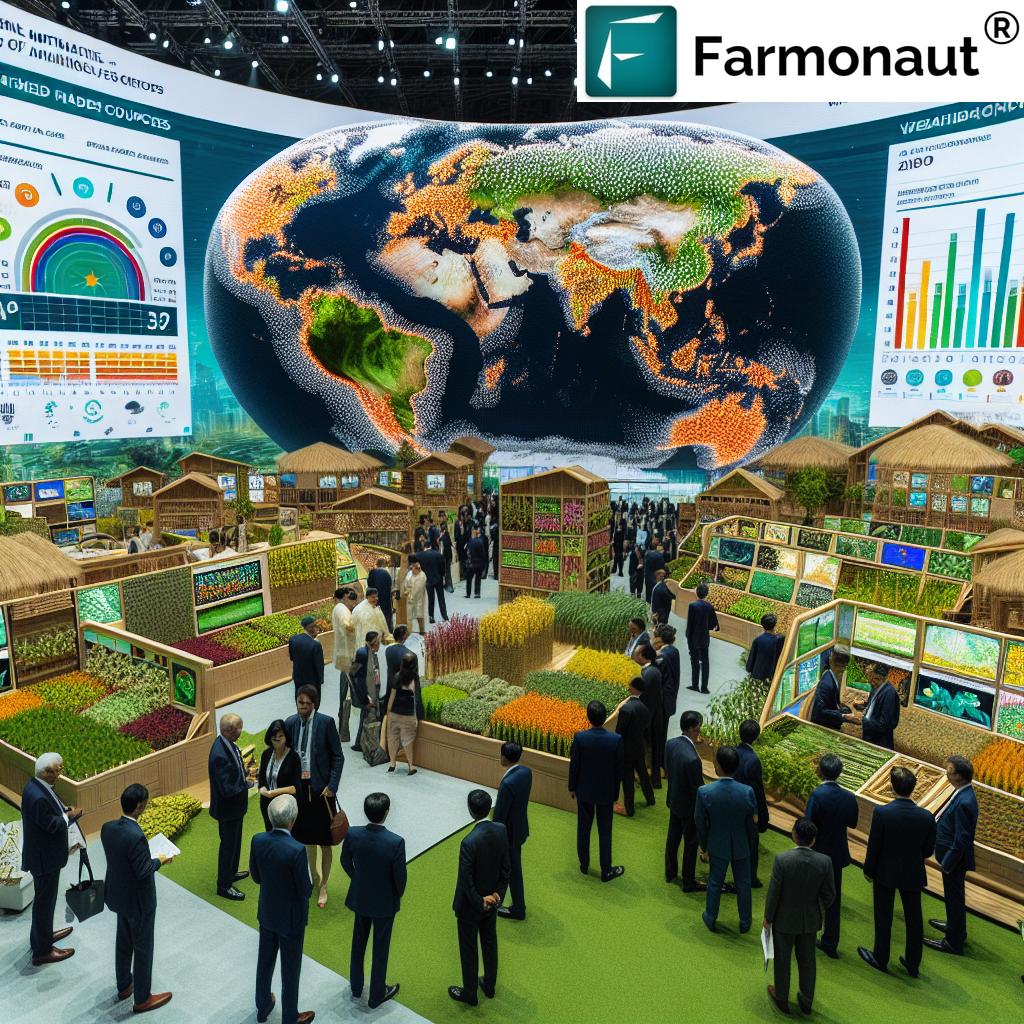
Conclusion: A Call to Action
The challenges posed by climate change to agriculture and food security are immense, but so too are the opportunities for transformation. Agroecology offers a pathway to resilient, sustainable, and equitable food systems that can withstand the impacts of a changing climate while nourishing communities and preserving ecosystems.
As we move forward from COP29, let us heed the call of farmers like Leodegario Velayo and embrace the wisdom of agroecological practices. By combining traditional knowledge with innovative technologies, supporting policy reforms, and ensuring equitable access to resources and finance, we can create a future where agriculture not only survives but thrives in the face of climate change.
The time for action is now. Let us work together – farmers, policymakers, researchers, and technologists – to build a resilient and sustainable agricultural future for the Philippines and the world.
Check out Farmonaut’s API Developer Docs for integration possibilities
FAQ Section
Q: What is agroecology, and how does it differ from conventional farming?
A: Agroecology is an integrated approach to farming that applies ecological and social principles to agricultural systems. Unlike conventional farming, which often relies heavily on chemical inputs and monoculture, agroecology emphasizes biodiversity, natural pest control, and sustainable resource management.
Q: How does climate change affect agriculture in the Philippines?
A: Climate change impacts Philippine agriculture through increased frequency and intensity of typhoons, changes in rainfall patterns, rising temperatures, and sea-level rise. These factors can lead to crop losses, reduced yields, and increased food insecurity.
Q: What are some examples of agroecological practices that can help combat climate change?
A: Examples include crop diversification, integrated pest management, agroforestry, water conservation techniques, and the use of organic fertilizers. These practices help build soil health, conserve water, and enhance biodiversity, making farms more resilient to climate impacts.
Q: How can technology support agroecological farming?
A: Technology can support agroecology through satellite-based crop monitoring, AI-driven advisory systems, precision agriculture tools, and blockchain for supply chain transparency. These technologies help farmers make informed decisions, optimize resource use, and adapt to changing climate conditions.
Q: What policy changes are needed to support agroecology in the Philippines?
A: Policy changes should focus on recognizing farmers’ rights, supporting access to land and seeds, reforming pesticide regulations, providing financial incentives for sustainable practices, and integrating agroecology into national agricultural and climate adaptation strategies.
Explore Farmonaut’s Solutions
As we continue to address the challenges of climate change and food security, innovative technologies play a crucial role in supporting sustainable agriculture. Farmonaut offers a range of solutions designed to empower farmers and agricultural stakeholders with data-driven insights and management tools.
Explore Farmonaut’s offerings:
By leveraging these tools, farmers and agricultural professionals can make informed decisions, optimize resource use, and contribute to more sustainable and climate-resilient farming practices.
Farmonaut Subscriptions
Join the movement towards sustainable agriculture and climate resilience. Explore Farmonaut’s subscription options to access cutting-edge agricultural technology and support your journey in agroecology and precision farming.










